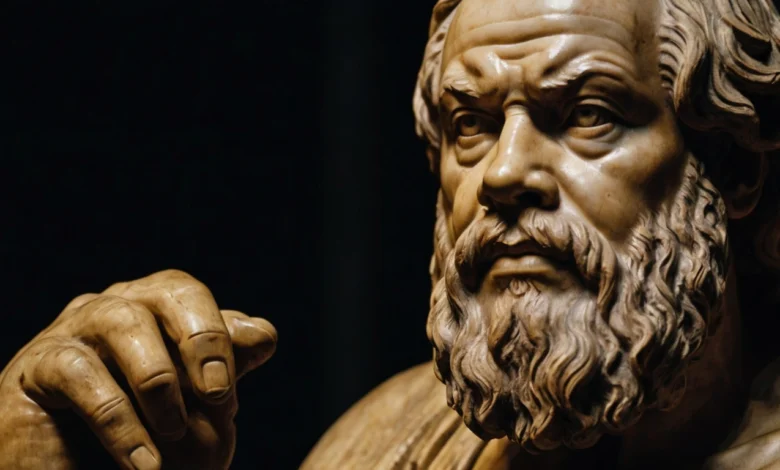
Socrates – Biography, Top 20 Best Quotes
The ancient Greek philosopher Socrates is often proclaimed the father of Western philosophy. His method of inquiry and his commitment to the truth laid the foundations of most Western thought. The study of the life of Socrates provides insight into the origins of philosophical thought and the lasting impact of his ideas on morality, knowledge, and reason.
Biography and Early Life
He was born in 469 in Athens, Greece. He comes from a humble family; His father, Sophroniscus, was a mason, and his mother, Fenaret, was a midwife. Despite his humility, he received a formal education typical of Athenian boys of his time, including the study of music, gymnastics, and grammar.
Philosophical origins
His early philosophical work was influenced by pre-Socratic thinkers such as Anaxagoras and Parmenides. His shift from natural philosophy to ethical and epistemological questions marked the beginning of his distinctive philosophical outlook. He sought to understand the basics of such virtues as justice, courage, and godliness.
Socrates’ method of questioning
One of Socrates’ most important contributions to philosophy is his method of analysis known as the Socratic Method. This method of collaborative thinking asks a series of questions to stimulate critical thinking and reveal ideas. It encourages participants to examine their faith and search for underlying truths.
Basic philosophical concepts
He argues that knowledge and virtue are intrinsically linked. He famously declared, “I know I know nothing,” expressing his acknowledgment of man’s ignorance. True knowledge, he asserted, comes from the realization of ignorance. Socratic irony, where he feigned ignorance to expose the ignorance of another, was an important part of his strategy.
Socrates and the Sophist
Unlike paid rhetoricians and ethicists, he did not charge for his education. He criticized the Sophists’ narrow views of truth and morality, advocating instead absolute truth and moral values.
Political and social context
He lived during a turbulent period in Athenian history marked by the Peloponnesian War and political instability. He was often at odds with the flawed and often majoritarian system of Athenian democracy. Despite his mental illness, he entered public life and the military.
Followers and Legacies of Socrates
Socrates did not write philosophical works; Instead, his ideas were written by his disciples, especially Plato and Xenophon. The Platonic dialogues are the main source of Socratic philosophy. Other followers included Antisthenes, Aristippus, and Alcibiades, who continued aspects of his teaching.
The Trial of Socrates
in 30 CE, he was put on trial for the corruption and corruption of the Athenian youth. The debate was very public, reflecting the political tensions of the day. Socrates’ association with skeptics and his conservative stance on Athenian democracy made him unpopular.
The Apology of Socrates
Plato’s “Apology” presents his defense of Socrates during his trial. In his speech, he claimed to be engaged in a divine mission to promote critical thinking and virtue. He questioned the veracity of the allegations and stressed his commitment to truth and justice in terms of popularity and security.
Socrates’ Punishment and Death
He was convicted and sentenced to death for smoking hemlock. He quietly accepted his fate and adhered to his principles to the end. Its final moments, as described by Plato, are characterized by an organized discussion of the immortality of the soul and the philosopher’s duty to search for truth.
Philosophical Works and Sources
Our understanding of Socrates comes primarily from the writings of Plato, Xenophon, and Aristophanes. Plato’s dialogues, such as the “Apology,” “Crito,” and “Phaedo,” provide details of Socrates’ philosophy and life. Xenophon’s works including “Memorial” and “Symposium”, offer a more pragmatic approach. Aristophanes’ play “Clouds” presents the comedic situation of Socrates.
Legacy and Influence
The influence of Socrates on Western philosophy is profound. His emphasis on the moral life, critical inquiry, and analysis of life inspired such later philosophers as Plato and Aristotle. His ideas permeate contemporary educational practices, encouraging dialogue and critical thinking as key components of learning.
Modern Thought of Socrates
Modern scholars continue to examine Socratic thought, examining its relevance to contemporary philosophical and ethical debates. He is often portrayed in popular culture as a symbol of wisdom and integrity, reinforcing the enduring legacy of his teachings.
Conclusion
The life and philosophy of Socrates are important in the history of Western thought. His determination to seek truth, question assumptions, and live in harmony provides timeless lessons. The Socratic method remains a valuable tool for learning and reflection, emphasizing the enduring nature of Socratic philosophy.
FAQs
1. What is the Socratic Method?
The Socratic method is a collaborative meaningful dialogue in which questions are asked and answered to stimulate critical thinking and to engage underlying ideas and concepts.
2. Why was Socrates skeptical?
Socrates was tried for his crimes and the corruption of the youth of Athens. His association with skeptics and his critical stance on Athenian democracy made him unpopular.
3. How did Socrates die?
Socrates was killed for drinking a cup of hemlock. He quietly accepted his fate and spent his last moments discussing philosophical ideas with his followers.
4. What are some of the major sources of Socratic philosophy?
The principal sources for Socrates’ philosophy are Plato’s dialogues (“Apology,” “Crito,” “Phaedo”), Xenophon’s works (“Remembrancer,” “Symposium”), and Aristophanes’ play “Clouds.”
5. Why is Socrates still relevant today?
Socrates remains relevant today because his emphasis on critical thinking, ethical living, and the pursuit of truth continues to inspire modern philosophical research and educational practice.
Socrates Quotes
“The unexamined life is not worth living.”
“I know that I am intelligent because I know that I know nothing.”
“To find yourself, think for yourself.”
“The only true wisdom is in knowing you know nothing.”
“An honest man is always a child.”
“There is only one good, knowledge, and one evil, ignorance.”
“Be kind, for everyone you meet is fighting a hard battle.”
“He who is not contented with what he has, would not be contented with what he would like to have.”
“I cannot teach anybody anything. I can only make them think.”
“Wonder is the beginning of wisdom.”
“To know thyself is the beginning of wisdom.”
“False words are not only evil in themselves, but they infect the soul with evil.”
“Wisdom begins in wonder.”
“Strong minds discuss ideas, average minds discuss events, weak minds discuss people.”
“Prefer knowledge to wealth, for the one is transitory, the other perpetual.”
“Education is the kindling of a flame, not the filling of a vessel.”
“Beware the barrenness of a busy life.”
“Death may be the greatest of all human blessings.”
“Employ your time in improving yourself by other men’s writings so that you shall come easily by what others have labored hard for.”
“Not life, but good life, is to be chiefly valued.”

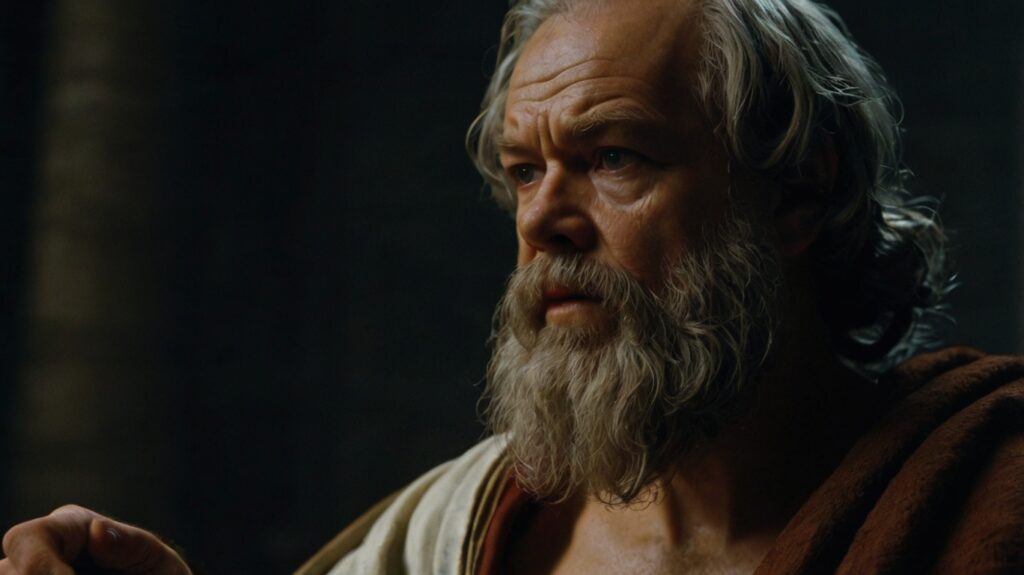

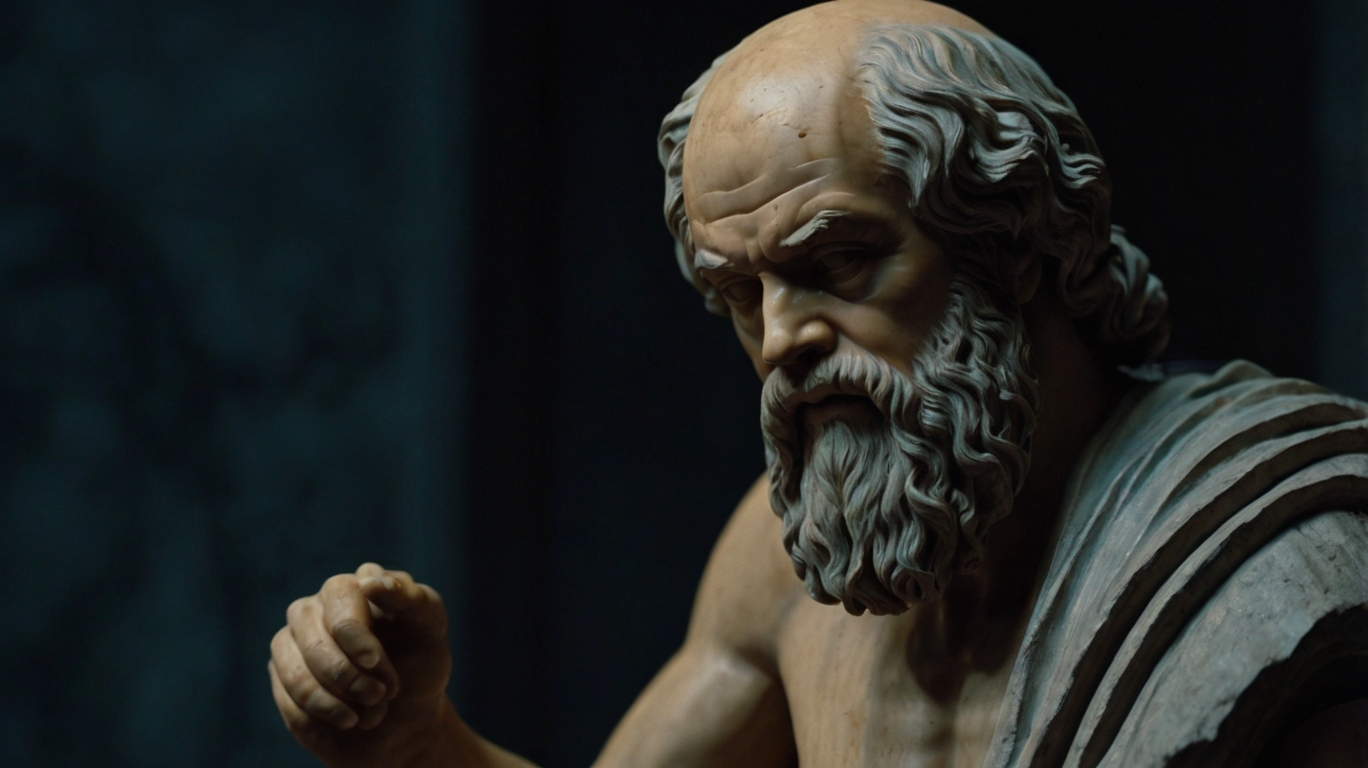
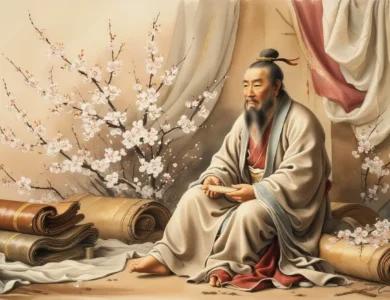
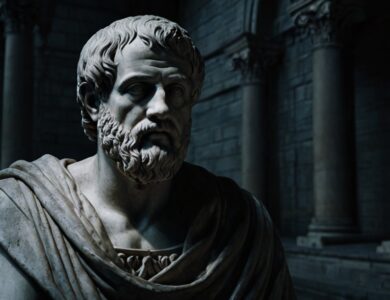
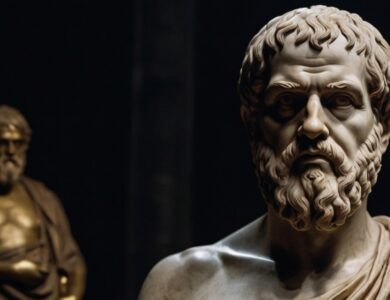
Thanks for sharing. I read many of your blog posts, cool, your blog is very good.